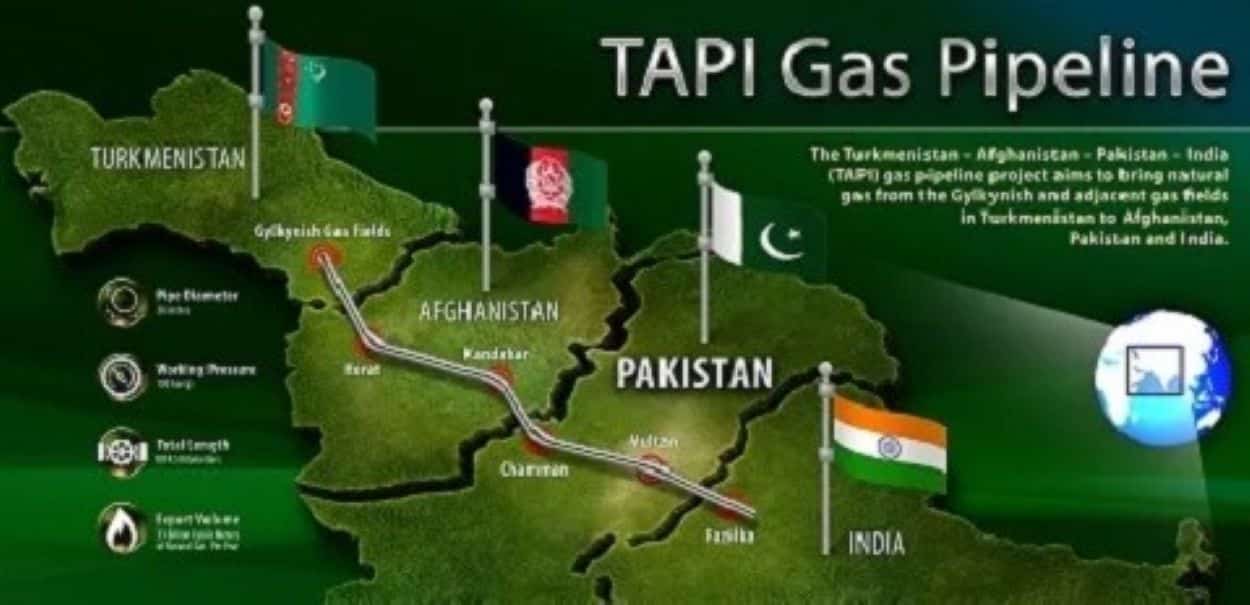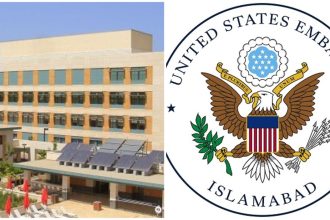International energy consultancy Wood Mackenzie has advised Pakistan to delay its commitment to the Turkmenistan-Afghanistan-Pakistan-India (TAPI) gas pipeline until at least 2031, as Pakistan has a surplus of imported liquefied natural gas (LNG) caused by a big drop in local gas use.
The $13 billion TAPI project plans to send natural gas from Turkmenistan through Afghanistan to Pakistan and India. But Pakistan’s Petroleum Division is now debating whether to tell Turkmenistan about a delay or even pull out completely. This is due to difficulties in managing current LNG contracts and infrastructure.
Read: Pakistan Seeks US Waiver for Pak-Iran Gas Pipeline
Pakistan is rethinking its role in TAPI because India is undecided about the project. If India pulls out, the pipeline would be called TAP, dropping India from the route. Pakistan says this change would not make financial sense. Without India, Pakistan would lose about $700 to $800 million a year in transit fees. Pakistan would also need to pay Afghanistan $500 million yearly for allowing the gas to pass through.
With a base gas price of $7.5 per MMBTU, the total cost would exceed even the most expensive LNG imports. This financial challenge makes the project hard to sustain.
The possible delay in the TAPI pipeline shows Pakistan’s struggle to handle its energy needs while staying realistic about costs. India’s decision could change the project’s future and affect energy cooperation in the region.






